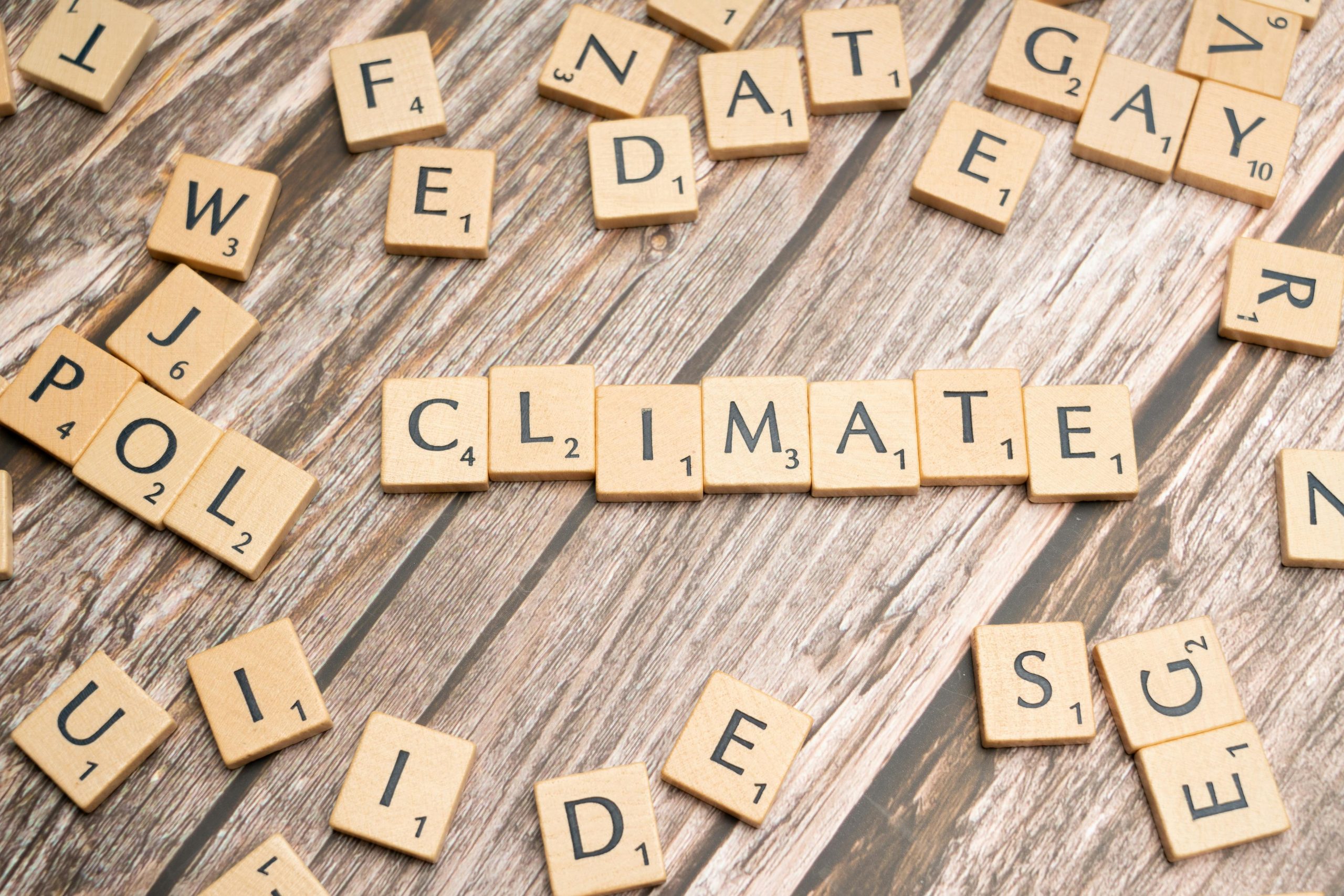The Impact of Climate Denial on Education and Public Engagement
In the ongoing fight against climate change, scientific research has consistently reaffirmed the realities and urgency of the issue. Over time, the scientific consensus on climate change has only become more robust, providing clear evidence of human influence and the need for immediate action. However, despite this progress, a significant communication barrier persists—namely, the widespread influence of climate denial.
This phenomenon has created a troubling divide between established scientific understanding and the public’s perception of that knowledge. Many individuals, including educators, parents, and policymakers, remain unconvinced or under-informed about the scientific consensus. This disconnect poses serious challenges for climate education, undermining efforts to foster informed decision-making and responsible environmental stewardship.
Compounding the problem is the extensive misinformation campaign funded by interests within the energy and industrial sectors. By investing millions in public relations efforts and propaganda, these industries have actively sought to sow doubt about climate science, further complicating the task for educators and communicators. Their influence has hindered effective climate communication and has adversely affected how climate topics are taught in classrooms.
Addressing this gap requires a concerted effort to improve science communication, dispel misinformation, and reinforce the credibility of climate science. Educators, scientists, and policymakers must work together to ensure that accurate information reaches all levels of society, empowering future generations to understand and tackle the pressing challenge of climate change.
For a deeper insight into the influence of misinformation on climate education, explore this detailed analysis: Climate Denial and the Classroom.
